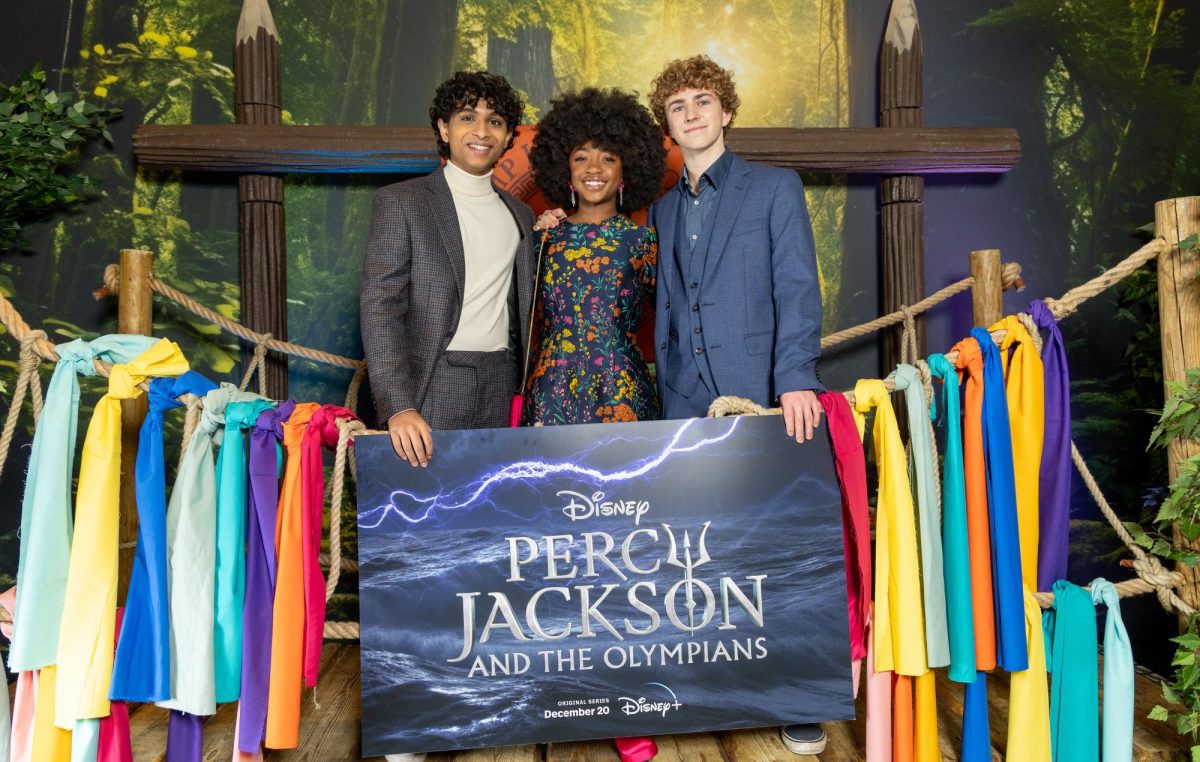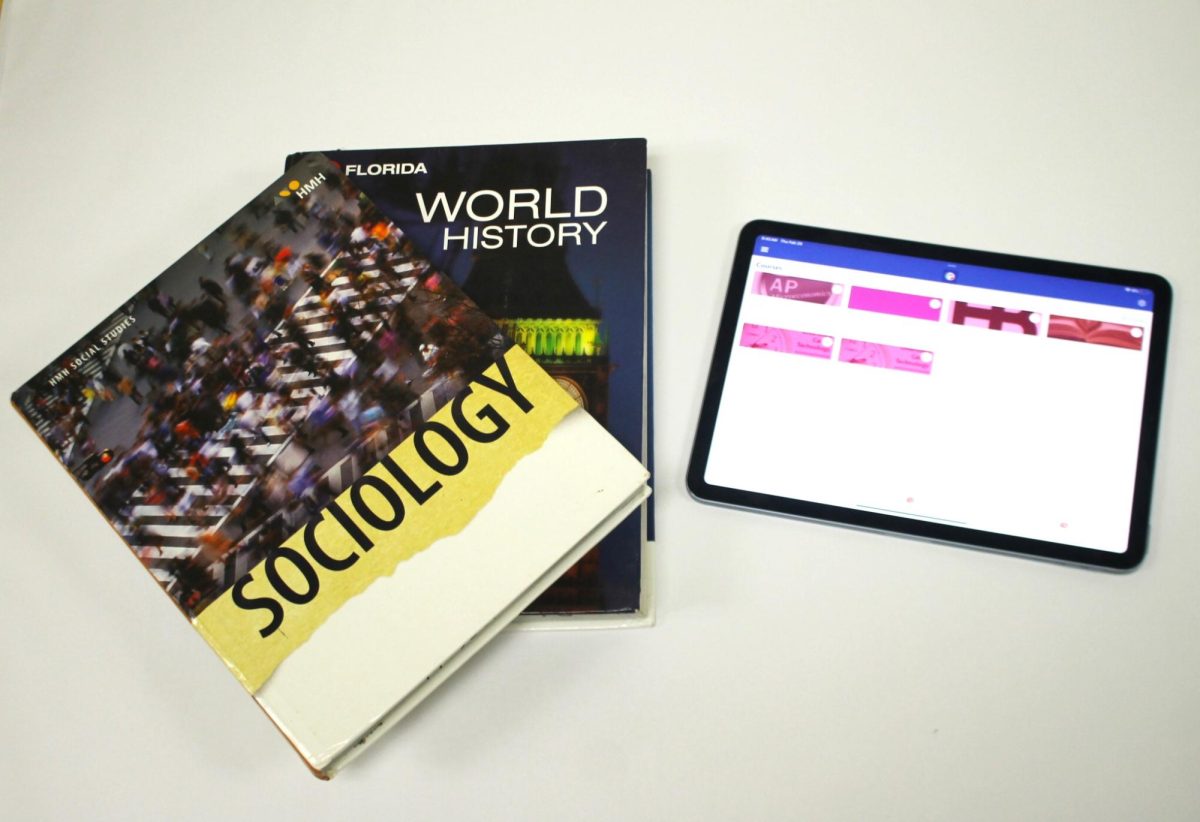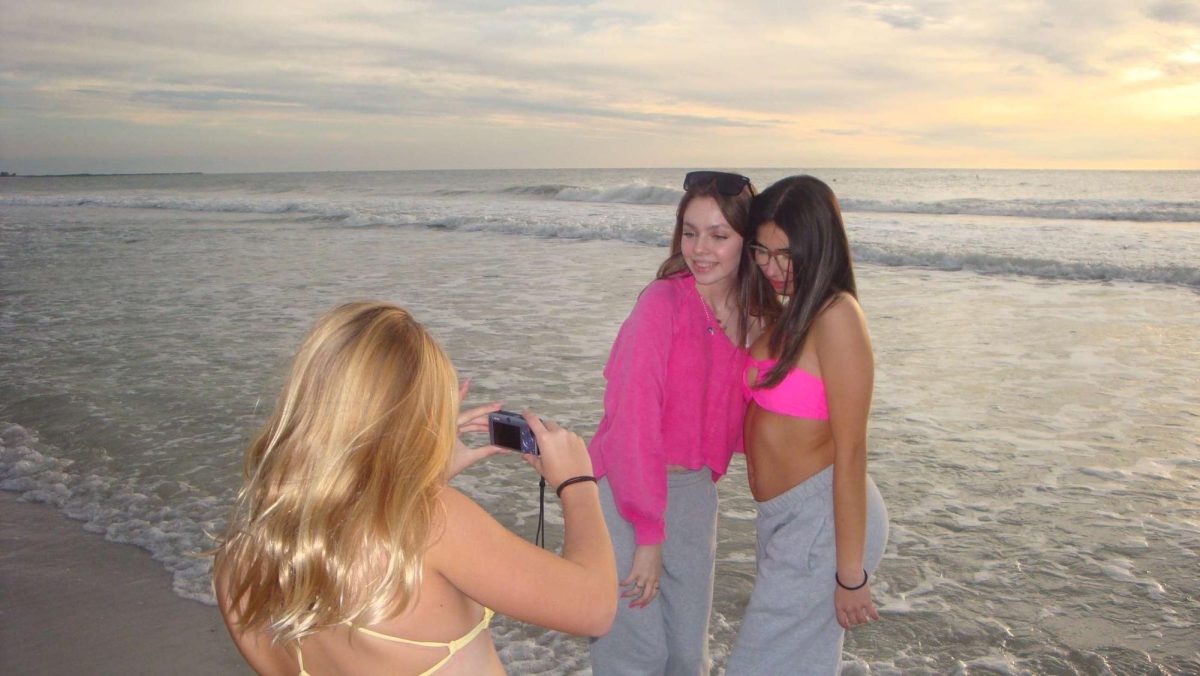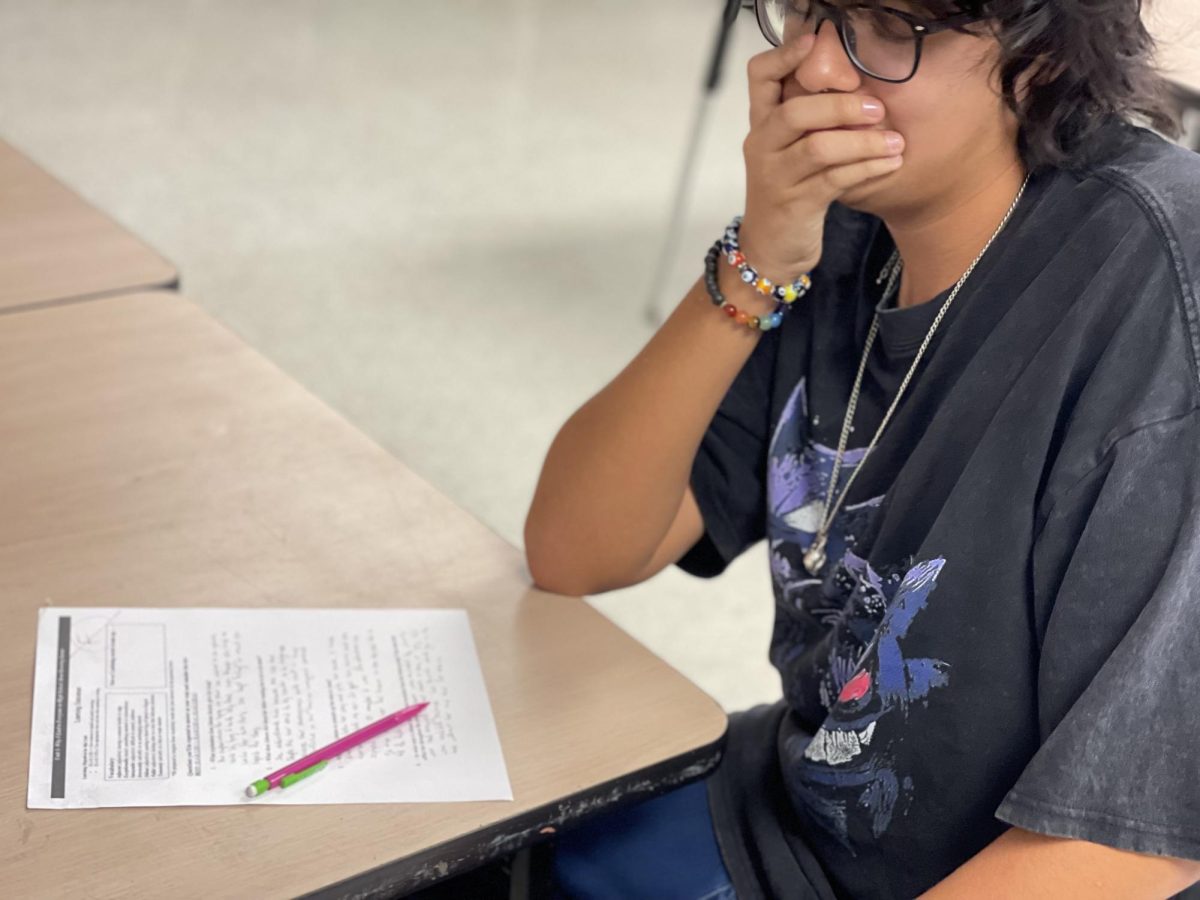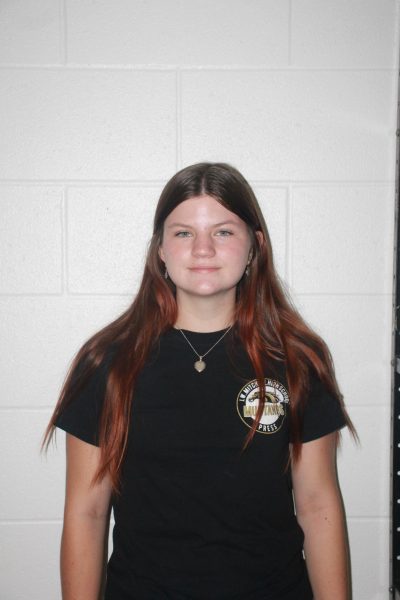Think green
Around campus students use reusable items and change simple things to save water and energy to help stay eco-friendly.
March 6, 2022
Only one Earth exists, and according to National Geographic pollution, burning fossil fuels and deforestation are main factors to the damage that exist today. Students like Reese Norwood (’22) become more eco-friendly in hopes of doing their part to help the earth.
Norwood originally got inspired to start being more eco-friendly after she took AP Environmental Science and noticed how people affect the environment.
Simple things like taking shorter and colder showers can help by saving water and energy. Northern Arizona University reported that the average 10- minute shower uses about 18 gallons of water.
“I take shorter showers, try not to take long drives, and turn off the lights. Basic stuff that all people can do,” Norwood said.
Other simple ways to help include using less plastic. instead of using plastic shopping bags and water bottles, use reusable alternatives. According to the United States Environmental Protection Agency, instead of making new products that produce greenhouse gasses and play a role in climate change, we can reduce and reuse them. Not only does it help cut down on waste in landfills but it helps save money and sustain our environment for future generations.
Maisa Patankar (’24) uses reusable water bottles and metal straws to help keep the plastic out of the ocean.
“All the documentaries of turtles with [plastic straws] stuck in their noses. it was just awful to me. I hated all the plastic in the ocean, especially if we can change it, I think we should try to,” Patankar said.
Eight million tons of plastic end up in the ocean every year according to a 2018 UN Environment report. These plastics harm all different types of animals like sea turtles, fish, sea birds, whales, dolphins, seals, sea lions, and many more. An estimated 100,000 marine mammals die every year from eating plastic pollution as WWF Australia reported. There is a chance that plastic microfibers will be in the fish used today to make many meals. Keeping plastic out of the ocean not only helps marine life, it helps keep food safe too.
Gianna Perugini (’22) the president of the Ecology Club, was inspired to start being eco-friendly because of her passion for animals.
“One thing I can suggest to others trying to be more eco-friendly is patience and don’t get frustrated. Today’s society makes it super hard to stay sustainable and no one is perfect. Every little step leads to big change, so start small and gradually transition to a more eco-friendly lifestyle when possible,” Perugini said.
When becoming eco-friendly, it doesn’t matter how small of a step you take because any step is an improvement. Some other examples are carpooling, turning off the lights, making sure to reuse what you can, or something bigger, such as going to clean-ups, and only using biodegradable products.


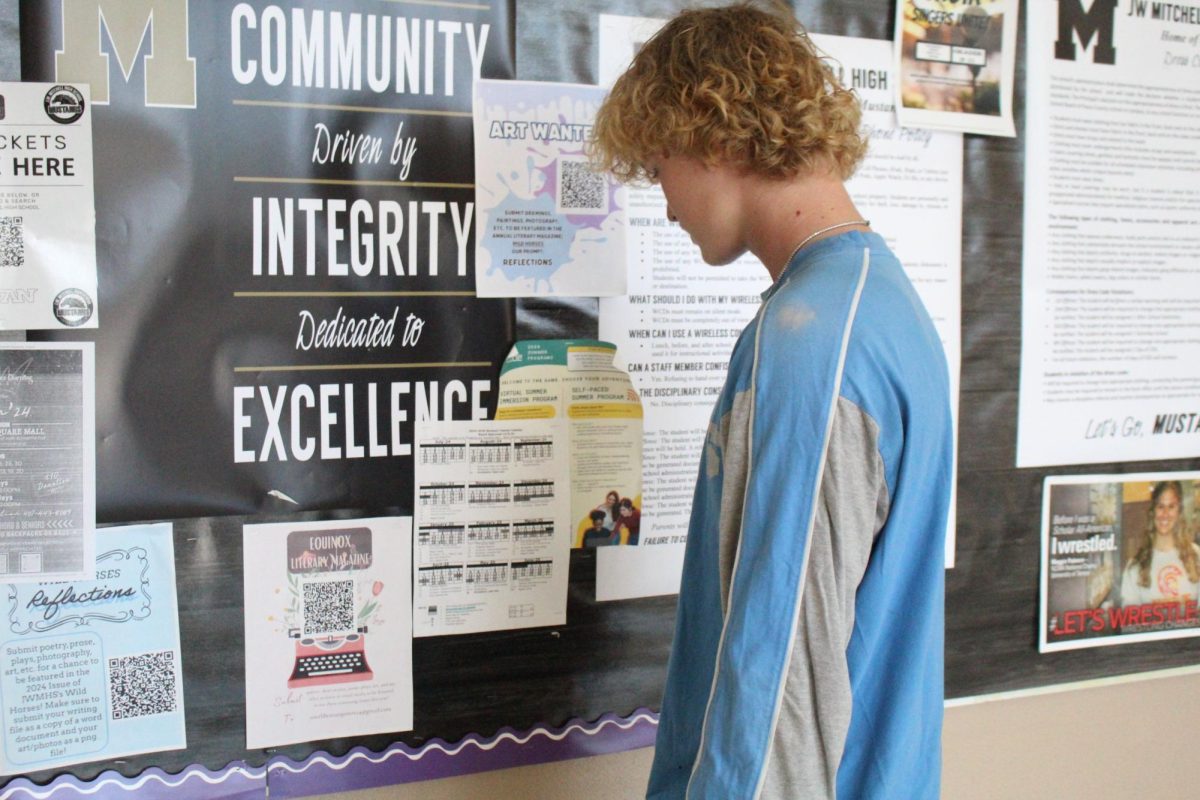


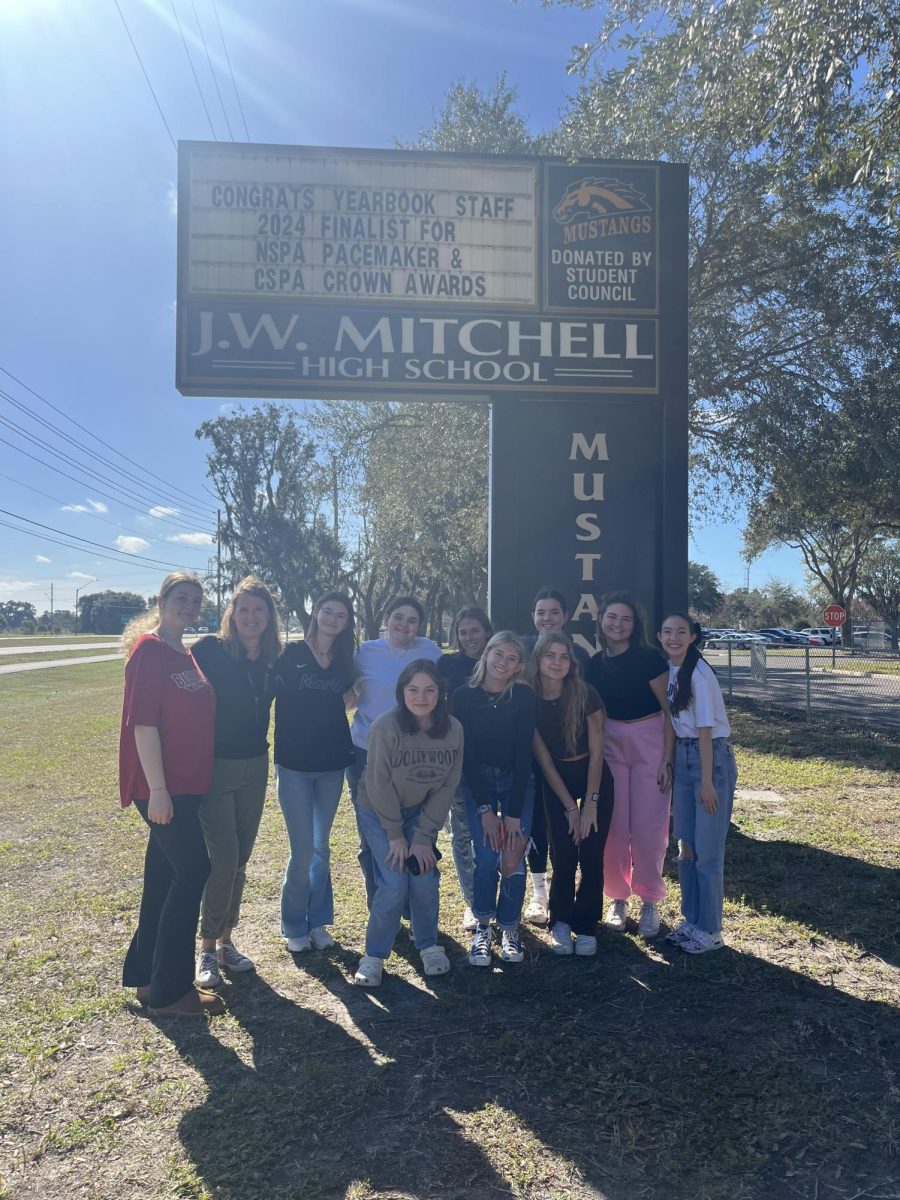
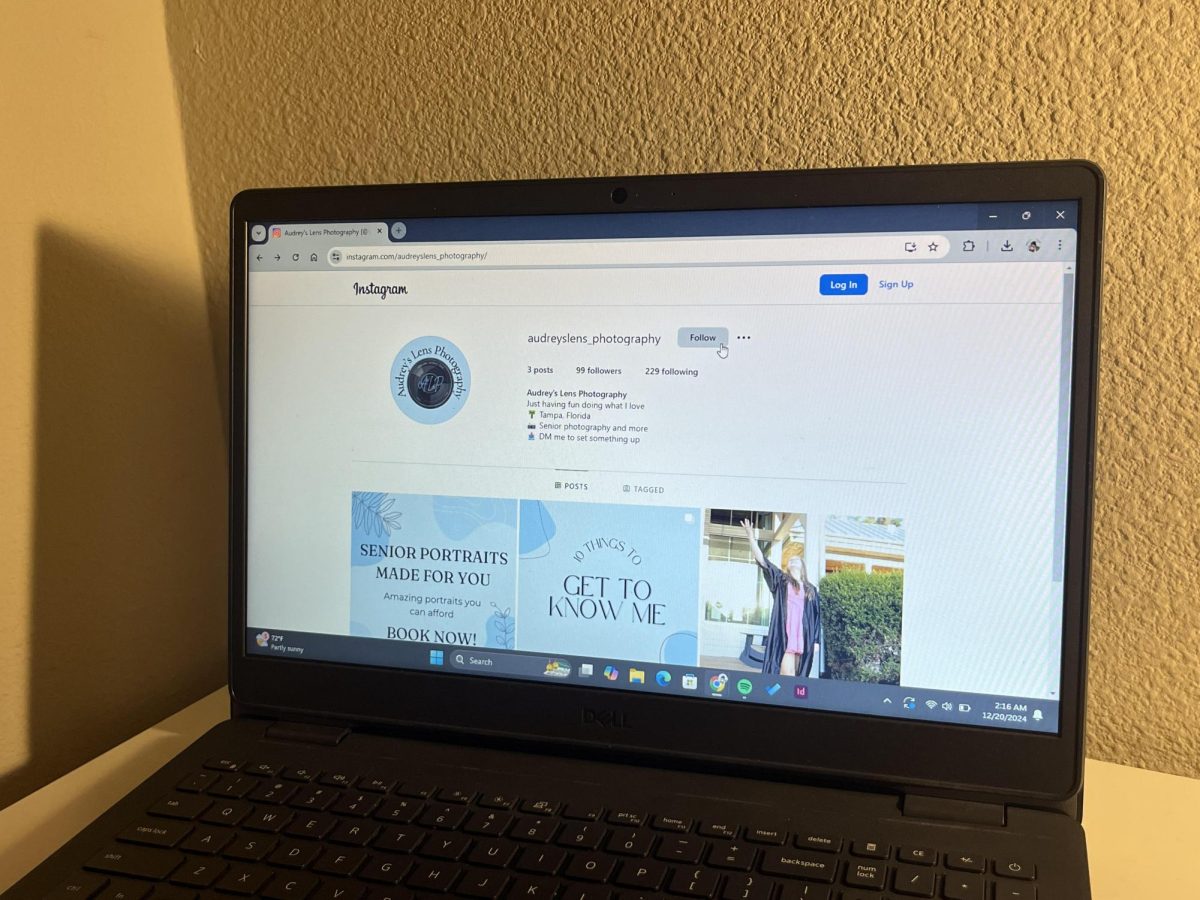




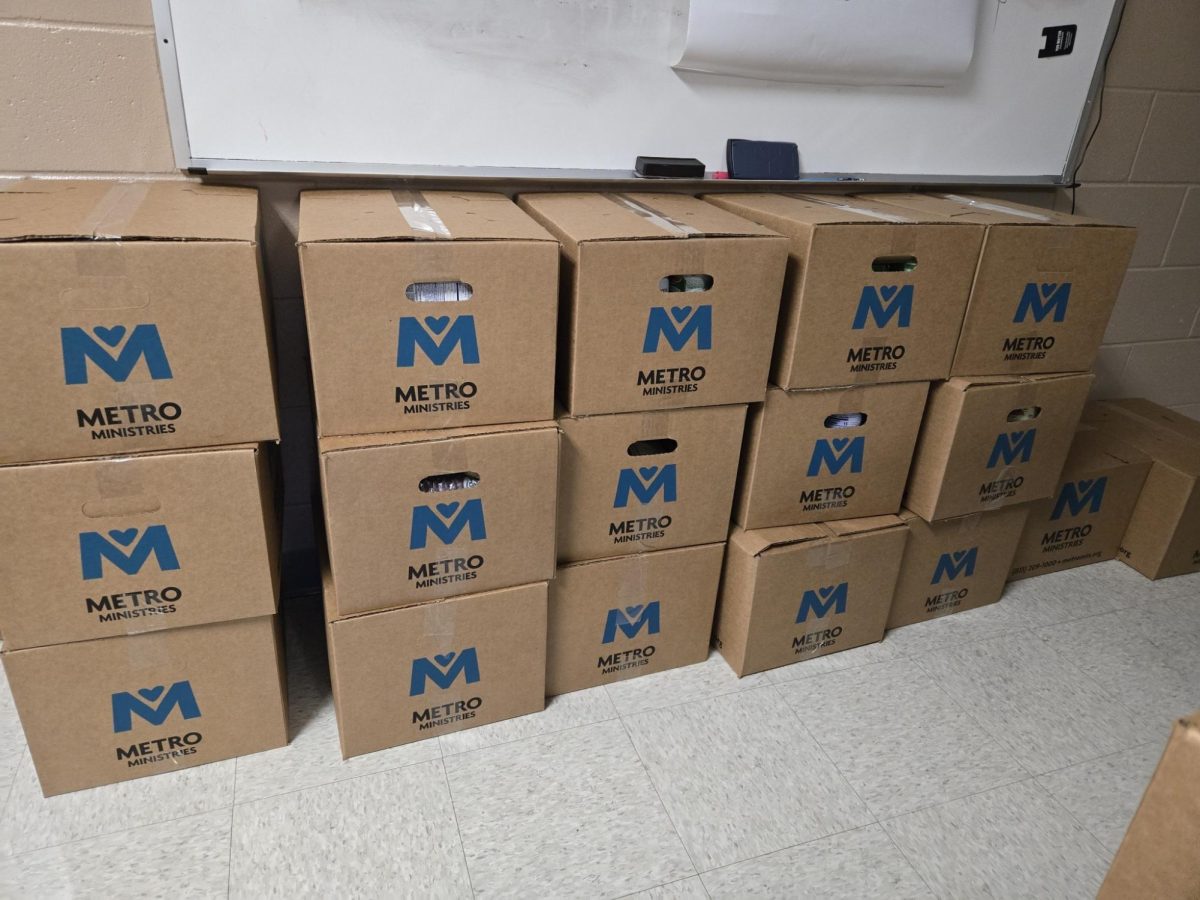

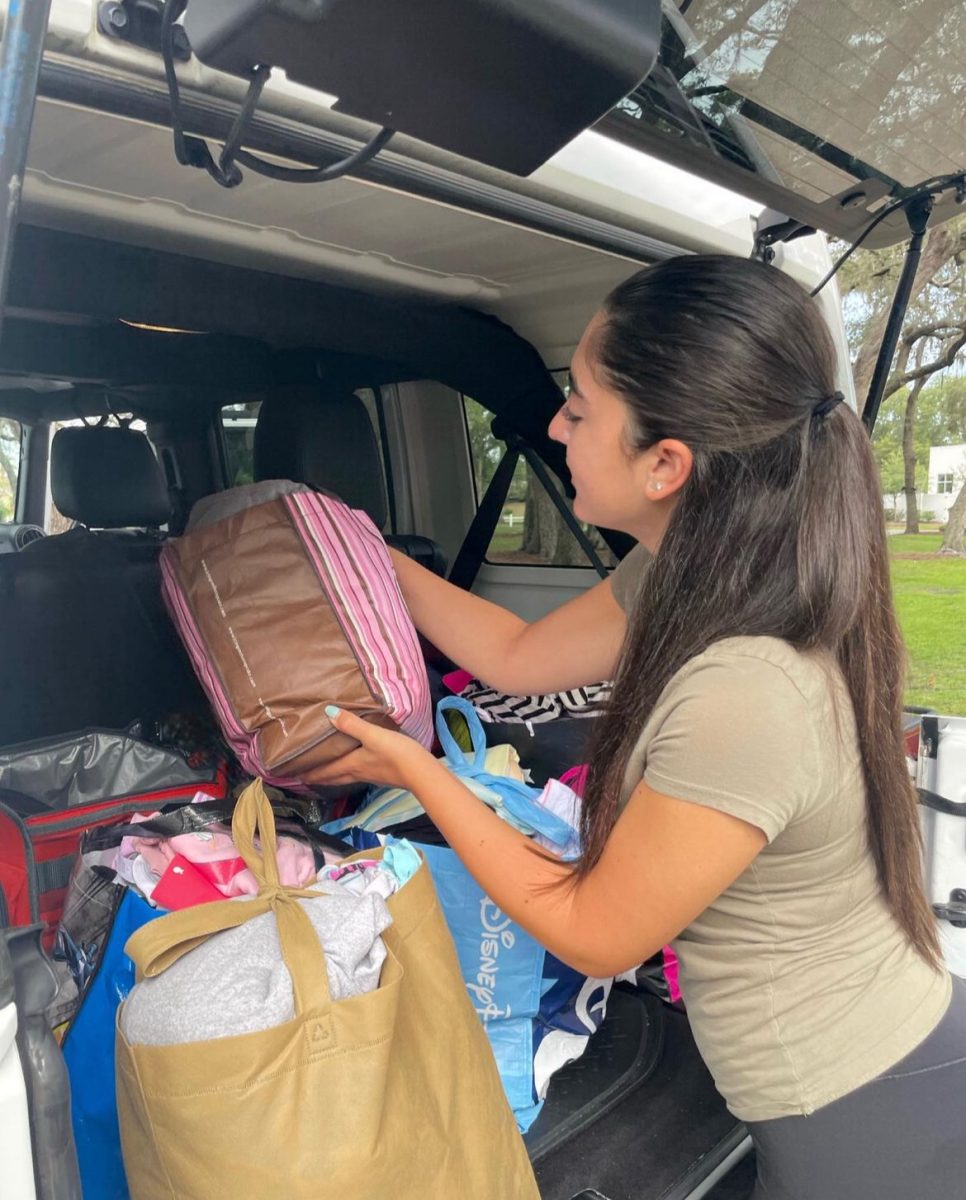

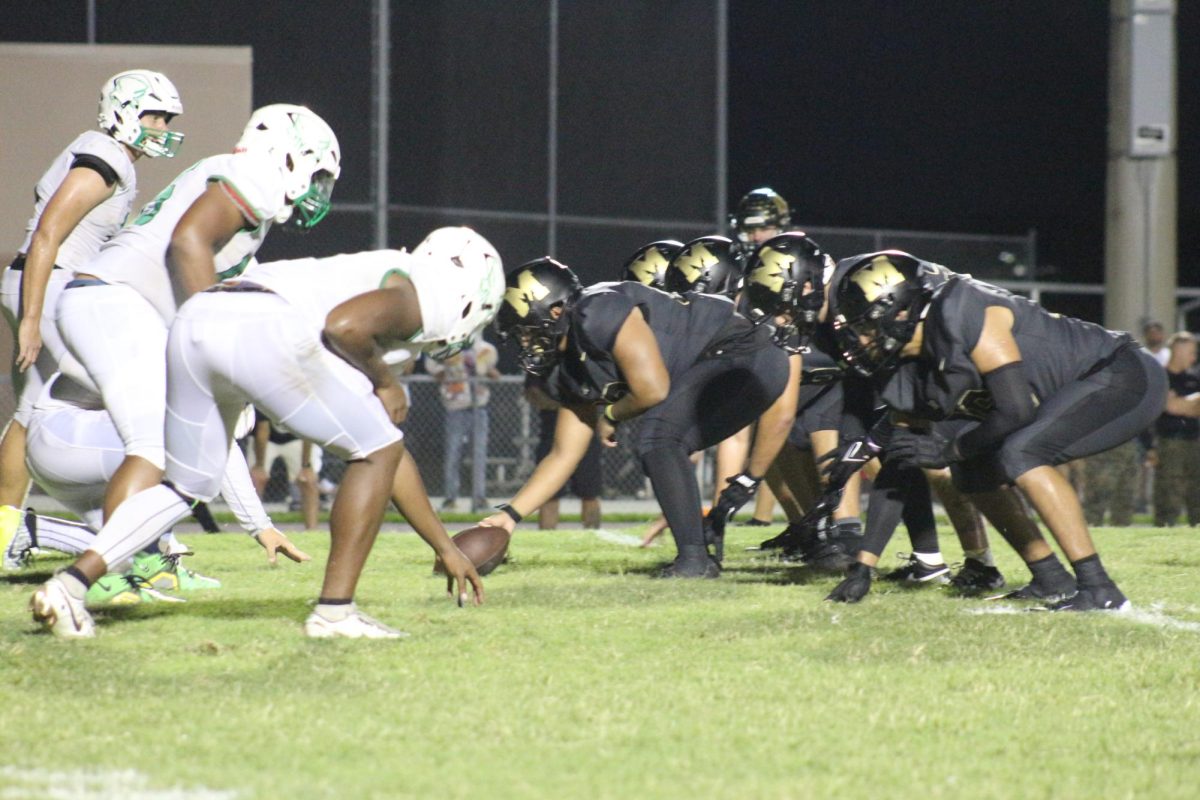

![Colin McRaven ('24) prepares to pitch the ball to an Anclote batter during the Varsity pre-season game."I like striking people out, since it's fun. The game against Anclote was pretty easy because they were less talented than our team and [I think] we were better than them in every aspect," Colin McRaven ('24) said.](https://jwmhshoofbeat.com/wp-content/uploads/2024/03/IMG_1538-1200x928.jpg)
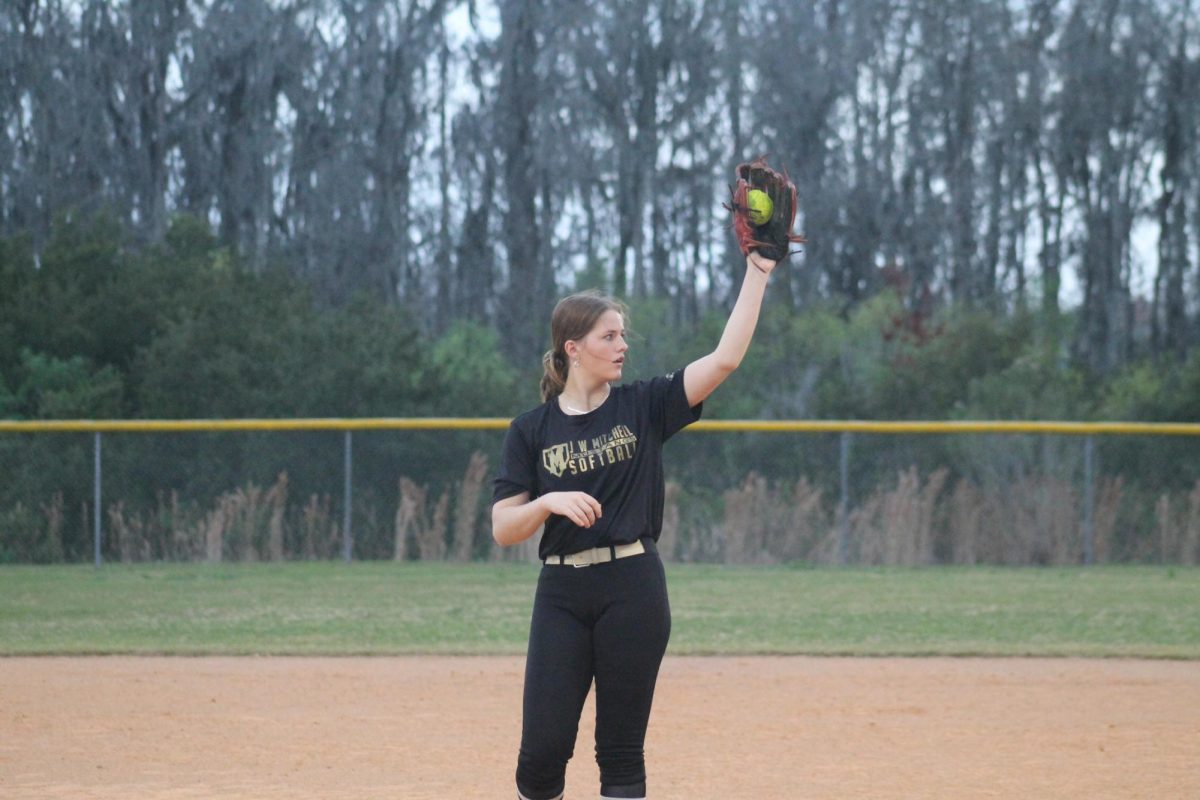
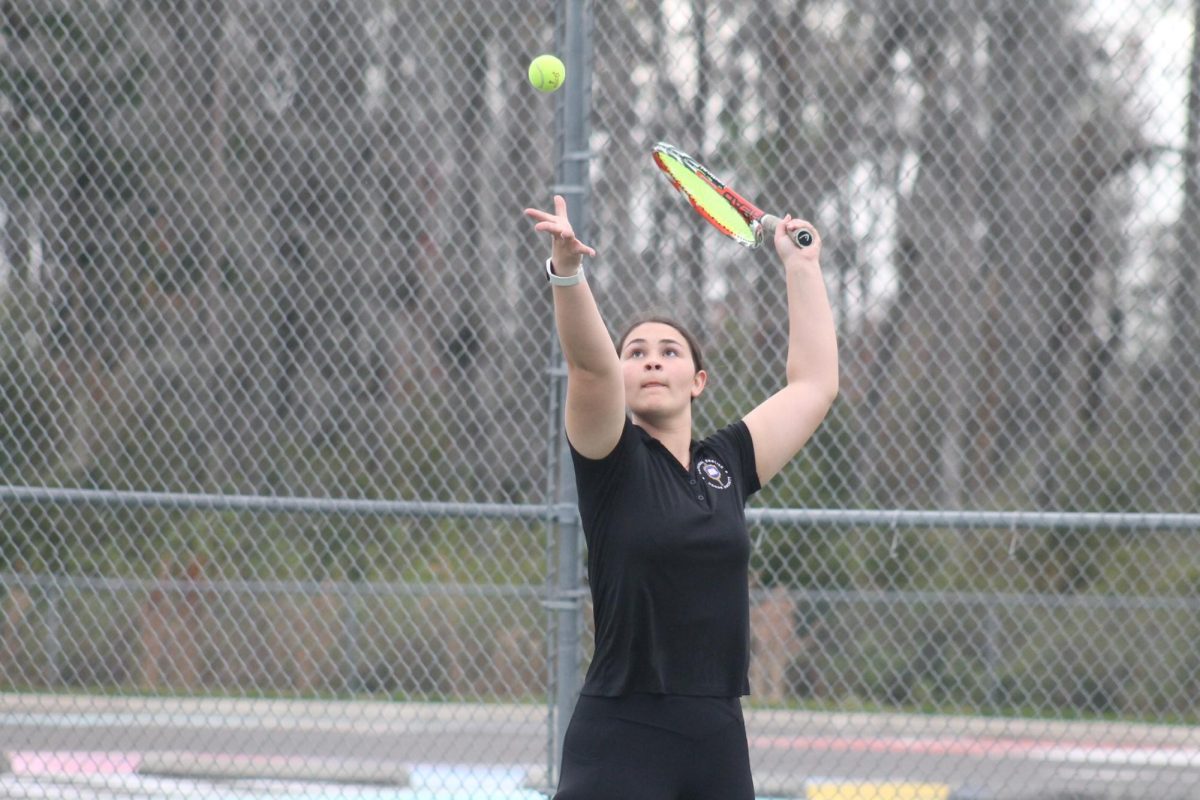
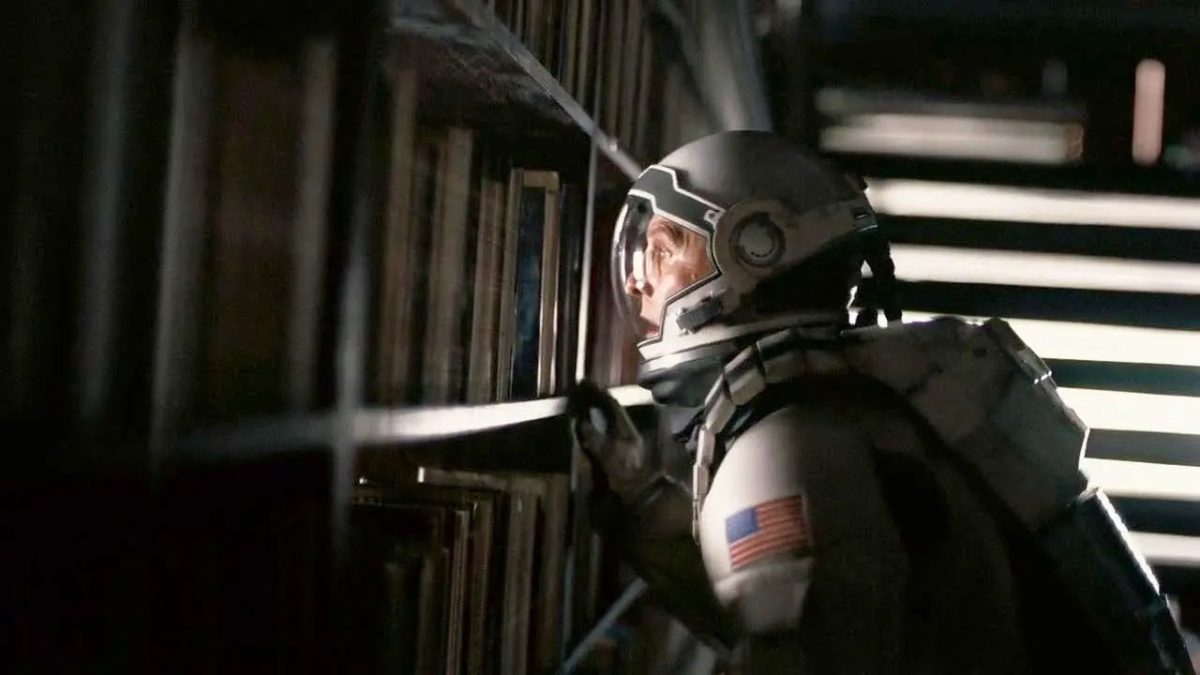

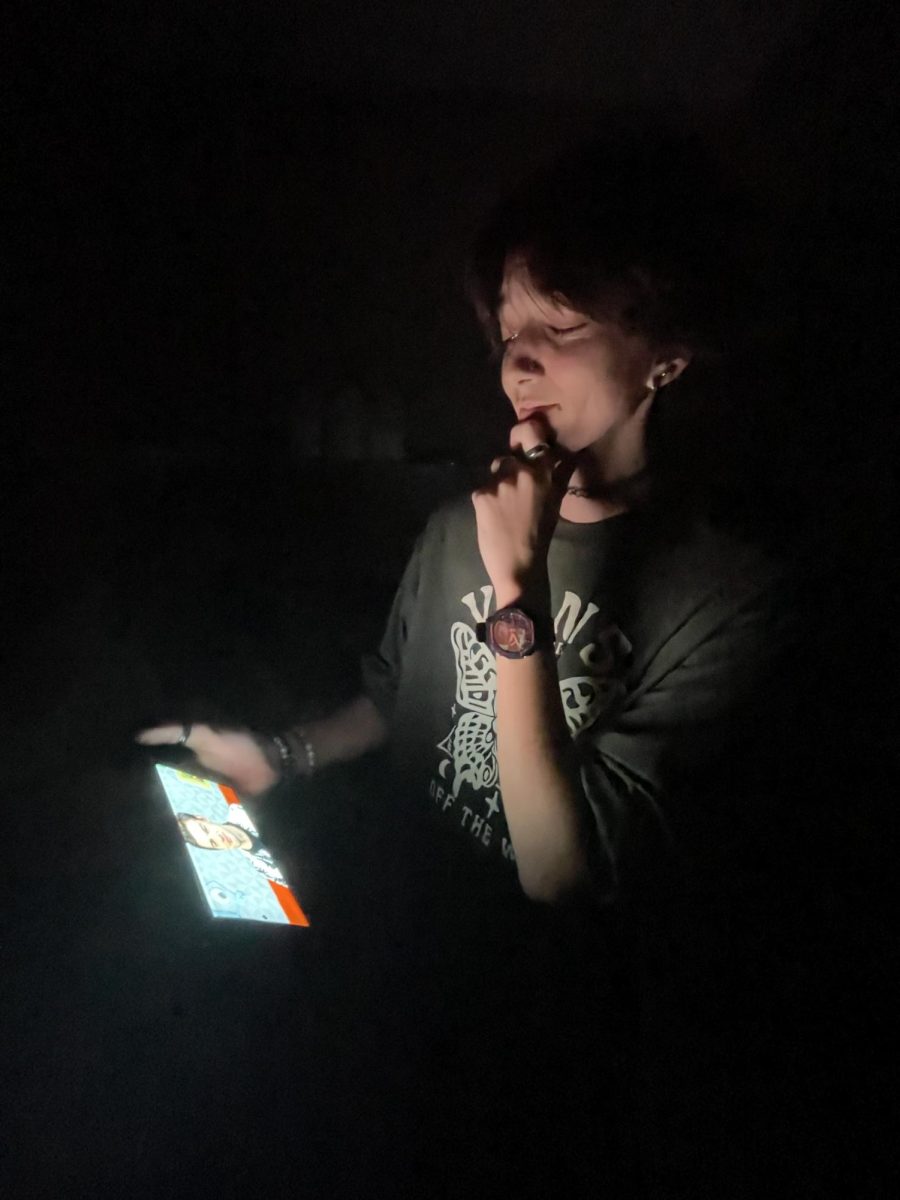
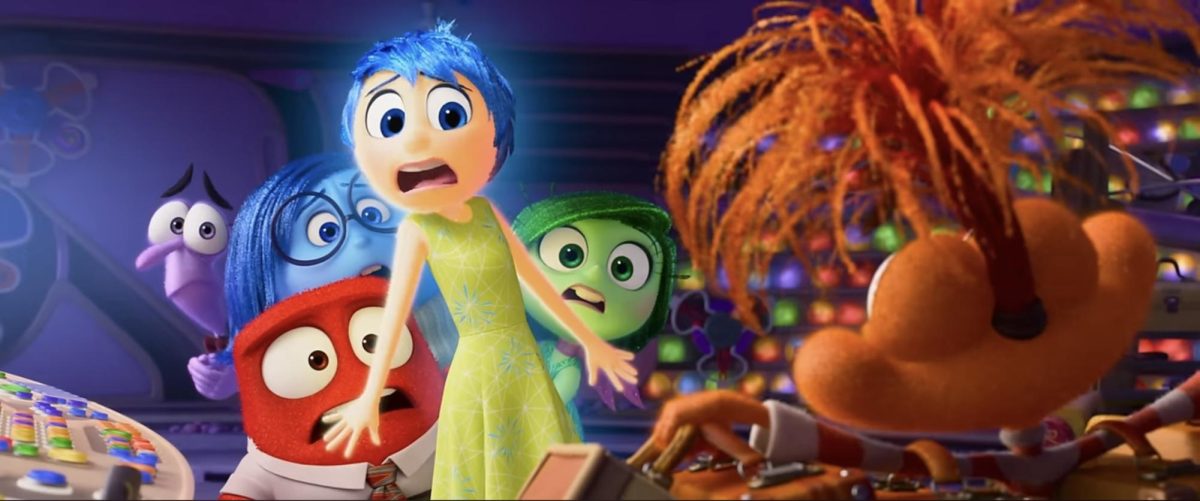

![Meryam Ghobrial’s (’27) Spotify Wrapped provided "genre" for the month of April. “Some other people got the same [AI generated] genre name for different artists of the same genre” Ghobrial said. Photo provided by Meryam Ghobrial.](https://jwmhshoofbeat.com/wp-content/uploads/2025/02/unnamed-555x1200.png)
